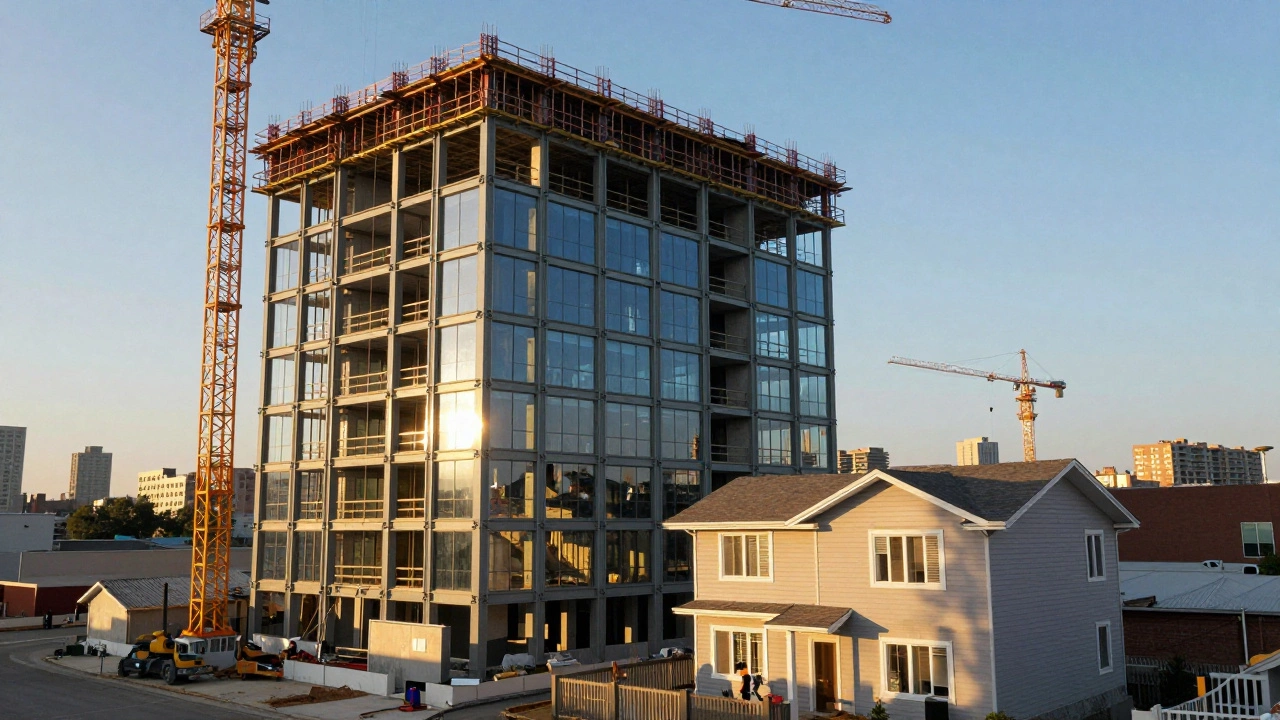Residential Buildings – Practical Tips and Real‑World Advice
Thinking about building or renovating a home? You’re not alone. Homeowners across the UK face the same questions: How much will it cost? What should I watch out for? Which materials give the best bang for the buck? This guide pulls together the most useful answers so you can move forward with confidence.
Key Things to Check Before Starting a Residential Project
First off, get a solid plan on paper. Sketch out room sizes, layout flow, and where utilities will run. A clear plan saves you from costly changes later. Next, have a qualified surveyor check the ground. Soil type, drainage, and existing foundations can affect the whole build. If the survey shows weak ground, you may need deeper footings or a different cement mix – both of which add expense but protect the house for years.
Don’t skip the permits. Local councils require building control approval for structural work, and failing to get it can halt your project or lead to fines. The paperwork looks boring, but a quick call to the council office can tell you exactly what's needed. Get those approvals before you order bricks or hire the crew.
Common Cost Traps and How to Avoid Them
Budget blowouts often start with hidden fees. For example, many homeowners forget to factor in site preparation – clearing trees, leveling ground, or dealing with old utilities. Add a 10‑15% buffer for those items and you’ll be safer financially. Another trap is under‑estimating labour. Skilled tradespeople charge more than a handyman, but they also work faster and make fewer mistakes. Paying a qualified plumber or electrician now can save you from leaks or wiring issues that cost twice as much to fix later.
Materials can also surprise you. Cheap flooring may look good in the store but warp after a few months in a damp basement. Look for products with good warranties and read reviews from other homeowners. Sometimes spending a little extra upfront means a longer lifespan and fewer repairs.
Finally, keep communication open with your builder. Weekly check‑ins let you spot deviations early. If a change order pops up, ask for a written quote before approving it. Transparency keeps both sides honest and helps you stay on schedule.
Whether you’re building a brand‑new house, extending a garden room, or just fixing a cracked foundation, these steps give you a solid foothold. Start with a clear plan, get the right surveys, lock in permits, and watch the budget traps that sneak up on other projects. With a little forethought, your residential building project can stay on track, under budget, and end up exactly how you imagined.


